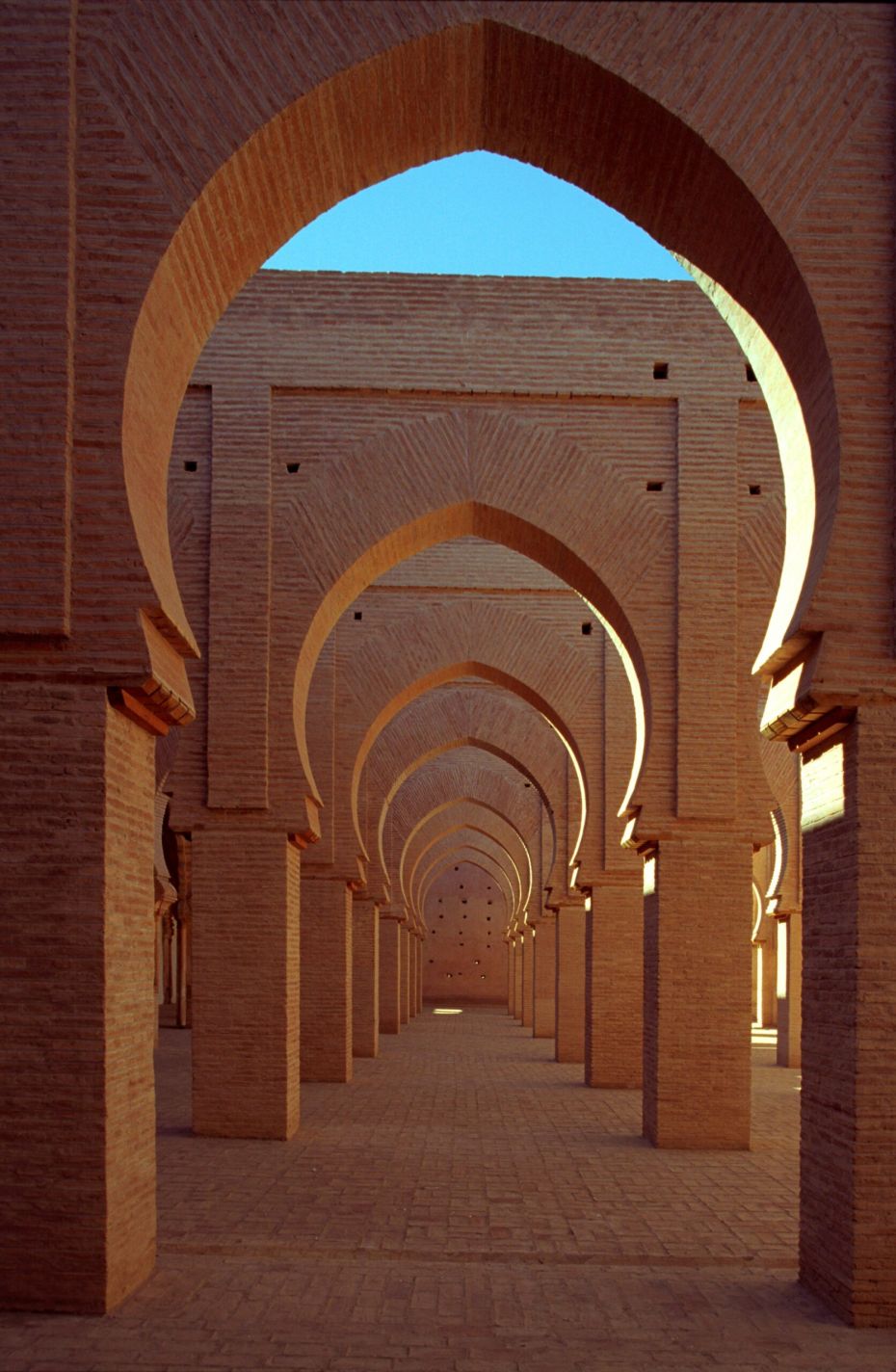
In the framework of the "Mutations" projects, supported by the Institut Sociétés en Mutation en Méditerranée (SoMuM), the seminar Maghreb Amazig: "Les Empires berbères: constructions et déconstructions d'un objet historiographique?" will take place on Wednesday, November 10, 2021, from 10:00 am to 12:00 pm, in the Duby Room, at the Maison Méditerranéenne des Sciences de l'Homme.
Since the 2010s, studies on the Berbers have reached a turning point, with an increasing number of works showing that the Berbers are emerging as major political actors in the history of North Africa. The same cannot be said of their languages. For a long time, historians have tacitly admitted that Berber languages were confined by Arabization to the role of dialects, reserved for orality and lacking in prestige, in the face of a conquering Arabic that occupied the field of writing and prestigious communication functions. Testimonies that went against this vision were treated as isolated, even mythical, counter-examples, hardly capable of contradicting it.
In opposition to this doxa, synchronic studies on Berber languages have recently experienced a certain revival. Nevertheless, studies published in English seek to question the very existence of Berber peoples and their languages.
This approach proceeds from a desire to deconstruct a historiographic object. The aim is to take the opposite view of the advances made mainly by Gabriel Camps, Salem Chaker and Abdellah Bounfour around the team of the Berber Encyclopedia and its "editorial line".
Speaker
Mehdi Ghouirgate is a historian, Arabist and Berberist, researcher at TELEM (Texts, Literatures: Writings and Models) and a specialist of the Maghreb and the Berbers in the medieval period. He is the author or co-author of several works on the history of the medieval Maghreb and the history of Islamic countries. His thesis, L'ordre almohade 1120-1269: une nouvelle lecture anthropologique, published in 2014, renewed the approach to this Berber dynasty. It unified the Maghreb politically and culturally around a novel project that semantically crossed Maghrebian and Berber societies with the references of the Islamic political imagination.
Discussant
Julien Loiseau is a historian and Arabist, researcher at the IREMAM (Institute for Research on Arab and Muslim Worlds). His work focuses on the history of Cairo and the cities of the medieval Near East, on the social history of the elites of the medieval Near East and on the history of Islamization in Egypt and the Horn of Africa. His publications include Les Mamelouks (XIIIe-XVIe siècle). Une expérience politique dans l'Islam médiéval (Seuil, 2014). He currently directs the European research programme "HornEast. Horn & Crescent. Connections, Mobility and Exchange between the Horn of Africa and the Middle East in the Middle Ages".
Date and time
Wednesday, December 10, 2021 from 10am to 12pm
Place
Maison Méditerranéenne des Sciences de l'Homme - Duby Room
By videoconference
https://univ-amu-fr.zoom.us/j/99820561113?pwd=b0pCcmlBR3h2OFY0ZlVmbkJINjN2Zz09
Meeting ID: 998 2056 1113
Secret code: 912796

